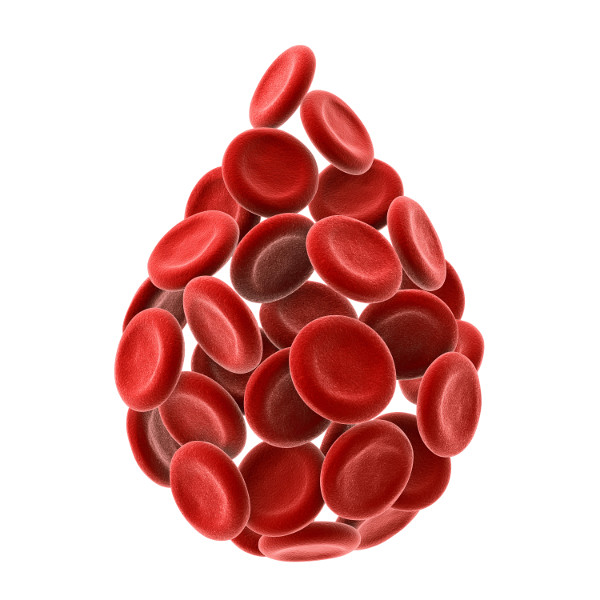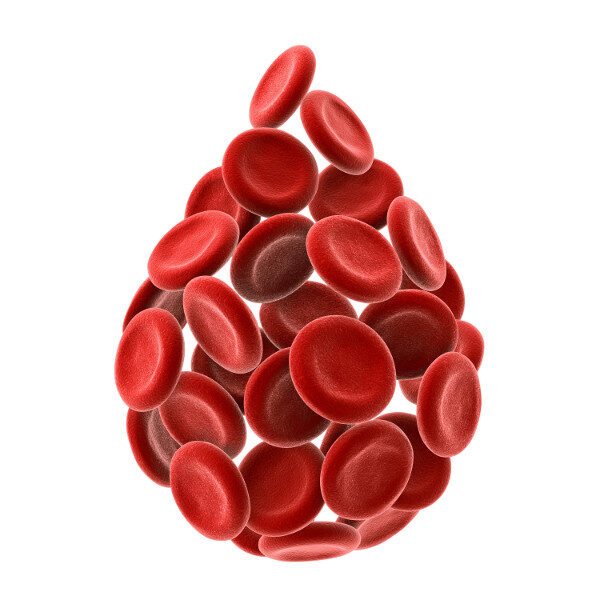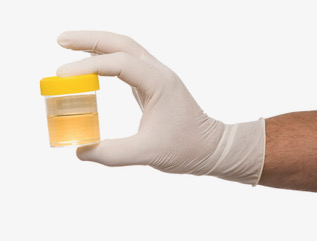IgG antibodies provide long term resistance to infections and have a much longer half life than the traditional IgE allergy. Symptoms may occur hours or days after the offending food has been eaten. The 93 foods tested in the IgG Food Allergy Test w/ Candida can identify problem food so it can be eliminated from the patient’s diet. This elimination of IgG positive foods can improve symptoms of irritable bowel syndrome, autism, AD(H)D, cystic fibrosis, rheumatoid arthritis, and epilepsy according to numerous clinical studies.
- Helps determine if food reactions are contributing to physical or mental symptoms
- Removal of highly reactive foods from the diet is a non-invasive, food-based therapy that often mitigates a patient’s symptoms
- Research and clinical studies suggest food allergies identified by IgG testing can be a major contributing factor in many chronic health conditions
- Food rotation and elimination diets can reduce stress on the immune system, lower gut inflammation, resolve food cravings, and reduce the potential for eating disorders
Candida albicans Scale in IgG Food Allergy Test
The Candida albicans scale has been updated to account for the observation that Candida-specific immunoglobulins are present in the specimens of virtually all individuals tested. The new scale is intended to provide a clearer indication of clinical significance and was established according to population percentile ranks obtained from a random subset of 1,000 patients. Specifically, the range of insignificant and low IgG values correspond to the first and second quartiles of the distribution, while moderate values denote individuals in the 51st to 97.5th percentiles. Those with an IgG value greater than the 97.5th percentile are considered to have a high concentration of Candida-specific immunoglobulins.
- 0-25th percentile: Insignificant
- 26th-50th percentile: Low
- 51st-97.5th percentile: Moderate
- 97.5th and higher: High
Specimen Requirements: The IgG Food Allergy Test is available thru Dried Blood Spot collection.
Dried Blood Spot (DBS): Five full circles of dried blood on the protein saver card is required.
Please note that the elimination of food prior to sampling will reduce the ability for our laboratory to detect antibodies (allergies) to that food.


